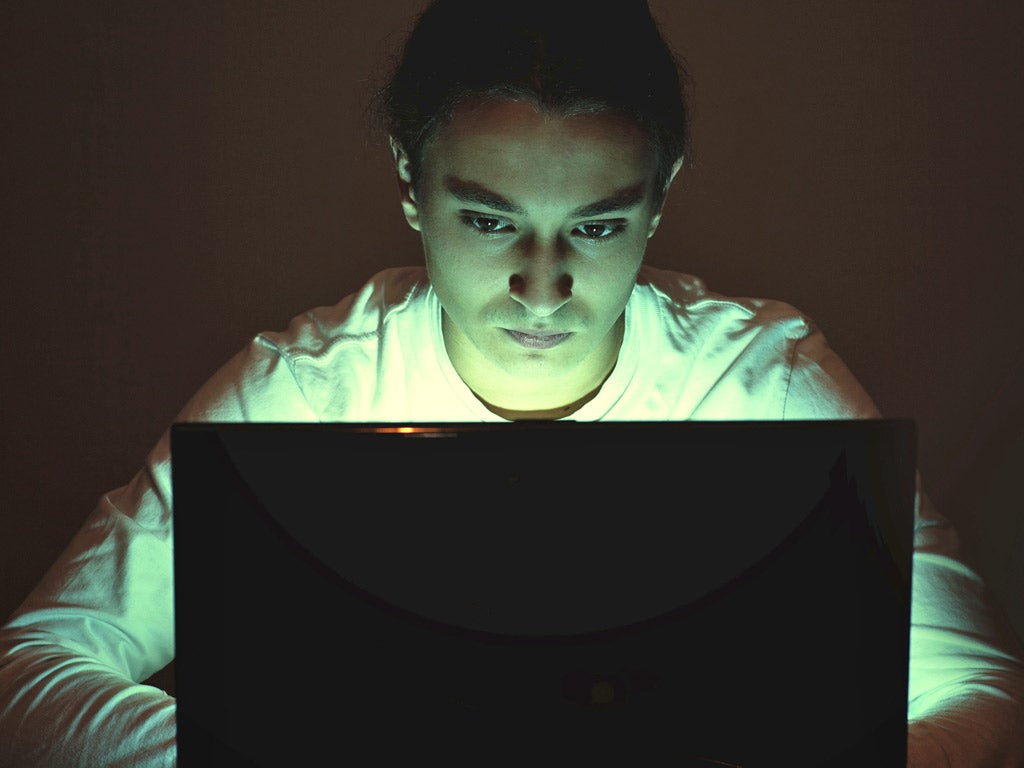The Government has got itself in a fine muddle over internet censorship
Maria Miller is attempting to take credit for measures started elsewhere

For teenagers the internet is the ultimate tool for self-aggrandizement – allowing them to proclaim their smallest achievement and every agenda – but over the last week, we’ve seen that politicians can be just as canny in using the internet to puff up their image. Unfortunately for the public, politicians actually have the means to make their puffery real.
Following the revelation that the murderers of Tia Sharp and April Jones accessed images of child abuse online government figures have been loudly talking up both their responsibility and capacity to filter the internet. Yet these claims have almost all been misguided, showing either a failure to understand the underlying technology, or a desire to manipulate public concern for political agendas.
After a summit between culture secretary Maria Miller and internet firms on Tuesday this week Miller described the decisions made as representing “a fundamental change in the way the industry will be working to remove illegal child abuse images.”
This was true, but only in that it was the industry that has been making any changes. The government’s efforts have been woeful in comparison.
Efforts spearheaded by the industry include Google setting up a £1.3m fund to develop better tools to remove images of abuse, Virgin Media’s decision to waive fees when helping the government track such images, and the new remit for the industry-funded Internet Watch Foundation (IWF) to not only channel reports of abusive imagery, but actively seek it out. .
After the summit Miller also pointed to the “zero tolerance” agreement signed by the UK’s four major ISPs as a step forward in the fight against abuse. But “zero tolerance” has been the ISP policy for years: Miller can’t claim it as either thanks to her or indeed, anything new.
And yet in the areas where the government should be most heavily involved, they’re cutting back. ISPs have a responsibility to stop the distribution of illegal imagery, but it’s the job of law enforcement to deal with the people behind such abuse. Despite this, the budget for the Child Exploitation & Online Protection Centre (CEOP) has been cut by 10 per cent this year, now receiving only £6m annually.
Of course, one argument is that we should be happy with this status quo. Internet companies have made billions from the UK - it’s only right that they should put their hands into their deep, positively cavernous pockets to help out the public good.
And whilst this is an obvious responsibility, the government still tries to have it both ways – taking credit for measures they have nothing to do with whilst talking up their involvement and responsiveness to public outcry. I applaud Miller for what she has achieved in getting ISPs round a table, but there’s much more could be done – increased international cooperation, or expanded funding for example.
Maybe we should be flattered that our government holds up so accurate a mirror to public confusion regarding web regulation, but is it too much to ask for our elected representatives to be a little better informed than us? When elected officials are acting with all the thoughtfulness of a status update, declaring ‘teh internet sux lol’ and moving on, then perhaps we should all pause before giving it a ‘like’.
Join our commenting forum
Join thought-provoking conversations, follow other Independent readers and see their replies
Comments
Bookmark popover
Removed from bookmarks